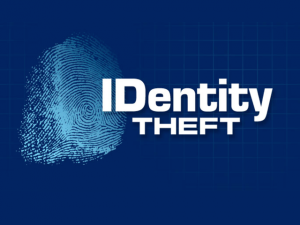 The security breach announced by Equifax last week serves as a stark reminder that we need to do what we can to protect ourselves from identity theft. It has been reported that the potential impact could exceed 143 million customers.
The security breach announced by Equifax last week serves as a stark reminder that we need to do what we can to protect ourselves from identity theft. It has been reported that the potential impact could exceed 143 million customers.
Currently, there are five credit bureaus. The three main credit monitoring agencies, which are well-known, are: Equifax, TransUnion, and Experian. There are two other less known credit bureaus, Innovis and ChoicePoint. The credit bureaus collect your credit history, compiling data from banks, mortgage companies, credit cards, etc. Your history includes current and prior addresses, employment history, social security number and driver’s license information, among others. If simply collecting this personal information wasn’t unsettling enough, the agencies also sell your personal information, without your knowledge or consent, to credit card agencies and others interested in presenting you with offers.
Freeze
Not only should you opt out of their direct mail campaign, you should contact each of the credit bureaus and initiate a credit “freeze.” For a nominal charge, the freeze will prevent a lot of potential damage caused by identity theft, even if there is another security breach. Dishonest individuals, having stolen your personal information, will often attempt to obtain credit through bank loans and credit cards. With a freeze in place, the bank and credit card companies will not be able to access your credit history through the bureaus, without you removing the freeze. Accordingly, the bad guys’ request will be denied. The cost for the freeze varies state-by-state (usually around $5 to $10) and typically are applied each time the account is frozen and unfrozen. The freezing of your credit is better protection, and definitely cheaper, then paying a monthly service for credit monitoring. Further, while the credit freeze may create a few hassles in the future for people when they apply for mortgages, lines of credit or car loans, these hassles pale in comparison to the issues you could face when someone steals your identity.
Review your reports after any security breach
The Federal Trade Commission, www.ftc.gov, is a great resource for anyone with concerns about identity theft. You can also obtain free credit reports by going to www.annualcreditreport.com. The Fair Credit Reporting Act requires that the three nationwide credit bureaus, Equifax, Experian, and TransUnion, provide you with a free copy of your credit report, at your request, once every 12 months. With the three companies, you could space out your request to each of them separately, between 3 to 4 months, to provide you with a full year of credit knowledge. When you obtain your credit report, you should review it for accuracy.
The recent security breach by Equifax should be a wake-up call for all of us to take more control over our personal information.

